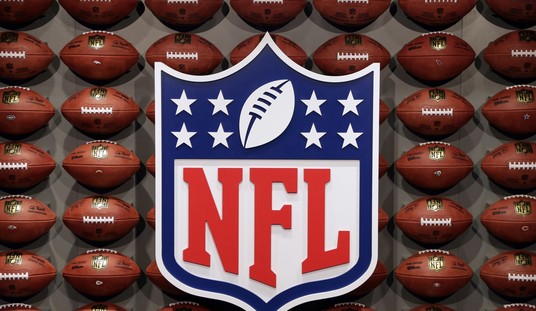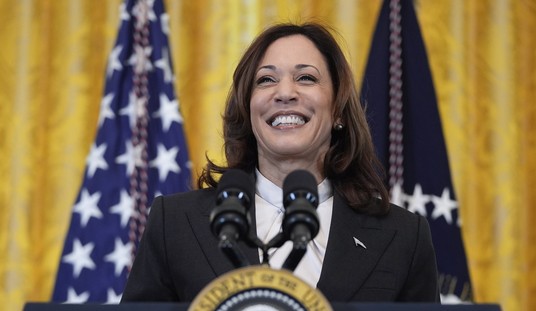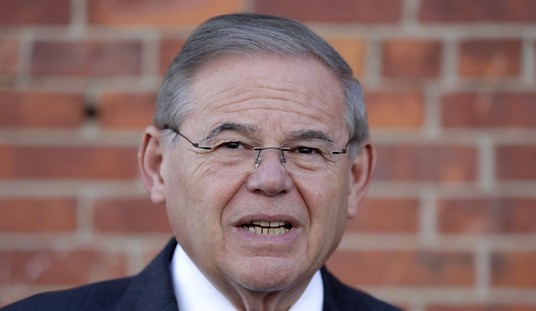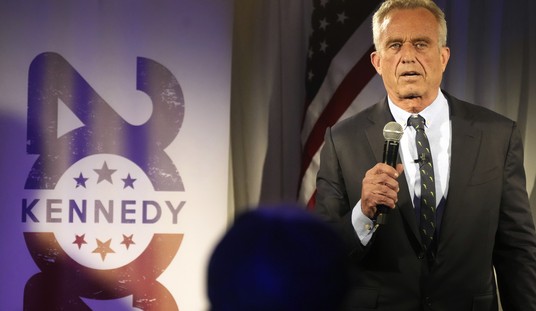Ever since the Trump administration began shifting how it dealt with China on trade, doomsday prophets have been warning us that we would all feel the economic pain of new tariffs and our economy may not survive it.
So far, that doesn’t seem to have played out as dramatically as predicted as the trade war has ebbed and flowed over two years. And now, if the White House is correct it its assessment, the war may be nearing its end.
While Americans certainly have paid billions more per month, and have been encouraged to buy American to help minimize the sting, according to a Friday announcement from the White House, Trump and Chinese President Xi Jinping hope to sign the first phase of a tentative trade deal at the Asia-Pacific Economic Cooperation summit on Nov. 16-17 in Santiago, Chile.
Initially, the White House decided on a good faith action to suspend an Oct. 15 scheduled increase in tariffs on $250 billion worth of Chinese goods. But the tariffs on another $400 billion of goods from China, as well as new tariffs scheduled to take effect in December, have not been included in the phase I portion of the new deal.
For now, it looks like the initial phase will be all about China buying American agricultural goods as it battles challenges in its own agricultural sector.
According to Trump, China has also agreed to continue purchasing more U.S. agricultural products. Chinese purchases of U.S. agricultural products have been resuming as China’s farmers continue to battle an African Swine Flu and Fall Armyworm infestation that’s been destroying their pig and crop numbers.
Treasury Secretary Steven Mnuchin clarified that China will eventually buy between $40 to $50 billion worth of agricultural products a year.
While there is no text for phase one of a deal with China, in principle, other parts of the deal will include addressing issues like non-tariff barriers to U.S. agricultural exports to China, financial services and market accessibly, intellectual property protection, stopping the transfer of technology, and possibly an agreement on currency manipulation.
Some of these issues will be covered in other phases as well.
The Daily Signal suggests the phased approach may be a work-around for the two leaders to gain trust in the wake of other potential deals that failed earlier in 2019. If the deal is agreed upon in November, planning for future phases will likely begin immediately.
Which raises the question: what will those who warned engaging in a trade war would lead to never-ending negotiations and increasingly high prices have to criticize if the administration manages to get a phased deal going?
What will happen if it works?














Join the conversation as a VIP Member